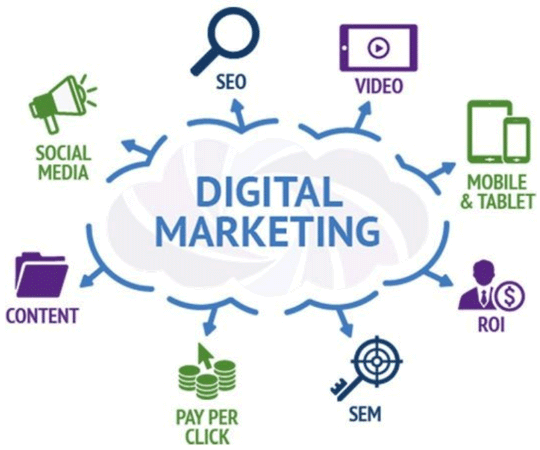Top Online AI Integrated PG in Digital Marketing (MBA level)





Course Fee
Affordable Fee structure

Duration
11 Months

Classroom Tranings
150+ Hours

Assignments
250+ Hours

Learners Benefits
Industry-Recognized Certification
Gain credentials that boost your career prospects.
Guaranteed Placement Support
Learn from seasoned professionals with real-world experience.
Practical Knowledge
Hands-on experience with the latest digital marketing tools and techniques.
Career Support
100% Placement Guaranteed to help you land top digital marketing roles.


Key Highlights of Certification

Expert-Led Training
Learn from industry professionals with years of real-world experience, offering practical insights and strategies that are relevant to today’s digital landscape.

Comprehensive Curriculum
Our course covers all key areas of digital marketing, including SEO, PPC, content marketing, social media, email marketing, and analytics, providing a well-rounded education.

Hands-On Learning
Gain practical experience through live projects, case studies, and interactive assignments, ensuring you apply what you learn immediately and effectively.

Affordable & Flexible Options
Enjoy high-quality education at competitive prices, with flexible learning schedules that cater to both full-time professionals and students.

Career Support & Placement Guaranteed
Benefit from career guidance, resume building, and placement support to help you secure top roles in digital marketing and accelerate your career growth.
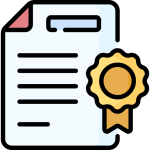
Certifications & Recognition
Upon completion, receive a certification recognized by industry leaders, enhancing your credibility and employability in the competitive digital marketing field.

Syllabus
Module 1: Introduction to Digital Marketing
- Definition and Evolution of Digital Marketing
- Traditional Marketing vs Digital Marketing
- Importance of Digital Marketing in Today's Business Landscape
- The Role of Digital Marketing in Business Strategy
Module 2: Website Planning and Development
- Basics of Web Design and Development
- User Experience (UX) Design Principles
- Importance of a Responsive Website
- Website Optimization for Performance and Speed
- Introduction to Content Management Systems (CMS)
Module 3: Digital Marketing Channels Overview
- Types of Digital Marketing Channels: Owned, Paid, Earned Media
- Introduction to Online Marketing Ecosystem
- Integration of Digital Marketing Channels
- Setting Marketing Goals and KPIs for Digital Channels
Module 4: Search Engine Optimization (SEO) – Introduction
- Understanding SEO and Its Importance
- How Search Engines Work
- Keywords Research and Analysis
- SEO Tools and Platforms Overview
- On-Page and Off-Page SEO Fundamentals
Module 5: Search Engine Optimization (SEO) – Advanced Techniques
- Technical SEO: Site Architecture, URL Structures
- Advanced Keyword Research Techniques
- Link Building Strategies
- SEO for Mobile Devices
- Local SEO and Google My Business Optimization
- Algorithm Updates and Their Impact
Module 6: Content Marketing Fundamentals
- Importance of Content in Digital Marketing
- Types of Content: Blogs, Articles, Infographics, Videos
- Content Creation and Strategy
- Content Distribution and Promotion
- Measuring Content Effectiveness
Module 7: Content Marketing – Advanced Strategies
- Developing a Content Calendar
- Copywriting for Digital Marketing
- Storytelling and its Role in Content Marketing
- Video Content Creation and Marketing
- Case Studies of Successful Content Campaigns
Module 8: Social Media Marketing (SMM) – Introduction
- Overview of Social Media Marketing
- Social Media Platforms: Facebook, Instagram, Twitter, LinkedIn, etc.
- Building a Social Media Marketing Strategy
- Content Creation and Curation for Social Media
- Social Media Engagement and Community Management
Module 9: Social Media Marketing (SMM) – Advanced Strategies
- Paid Social Media Advertising (Facebook Ads, Instagram Ads)
- Social Media Analytics and Metrics
- Influencer Marketing on Social Media
- Social Media Automation Tools and Techniques
- Crisis Management on Social Media
Module 10: Email Marketing Fundamentals
- Introduction to Email Marketing
- Building an Email List
- Types of Email Campaigns
- Personalization and Segmentation in Email Marketing
- Email Marketing Tools and Platforms
Module 11: Email Marketing – Advanced Techniques
- A/B Testing and Optimization
- Designing Effective Email Templates
- Automated Email Campaigns and Drip Campaigns
- Email Analytics: Open Rates, Click Rates, Conversion Rates
- Legal Considerations in Email Marketing (GDPR, CAN-SPAM)
Module 12: Pay-Per-Click (PPC) Advertising – Google Ads
- Introduction to PPC and Google Ads
- Understanding Keywords and Ad Groups
- Creating Effective Google Ads Campaigns
- Setting Budgets, Bidding, and ROI Calculation
- Google Ads Metrics and Reporting
Module 13: Pay-Per-Click (PPC) Advertising – Advanced Google Ads Strategies
- Google Display Network and Remarketing
- Advanced Google Ads Targeting Techniques
- Google Ads Campaign Optimization
- Using Google Analytics for PPC Campaigns
- Conversion Rate Optimization (CRO) in Google Ads
Module 14: Bing Ads and Other Paid Search Platforms
- Overview of Bing Ads
- Bing Ads Setup and Management
- Differences Between Google Ads and Bing Ads
- Advertising on Other Platforms: Yahoo, Amazon, etc.
- Cross-Platform PPC Strategy
Module 15: Affiliate Marketing
- Introduction to Affiliate Marketing
- How Affiliate Programs Work
- Choosing the Right Affiliate Network
- Tracking and Measuring Affiliate Campaigns
- Legal and Ethical Considerations in Affiliate Marketing
Module 16: Online Reputation Management (ORM)
- Understanding Online Reputation and Its Importance
- Strategies for Building a Positive Online Reputation
- Tools for Monitoring and Managing Reputation
- Dealing with Negative Reviews and Feedback
- Crisis Management and PR for Online Reputation
Module 17: Mobile Marketing
- Mobile Marketing Channels and Opportunities
- Mobile Optimization: Websites and Apps
- SMS Marketing and Mobile Ads
- Push Notifications and Geolocation Marketing
- Mobile Analytics and Tracking
Module 18: Video Marketing
- Importance and Growth of Video Marketing
- Types of Video Content: Explainers, Testimonials, Tutorials, etc.
- Video Creation Tools and Platforms
- Video Distribution Strategies (YouTube, Facebook, etc.)
- Video Metrics and ROI Measurement
Module 19: Influencer Marketing
- The Rise of Influencer Marketing
- Choosing the Right Influencer for Your Brand
- Working with Influencers: Negotiation, Contracts, and Expectations
- Measuring the Effectiveness of Influencer Campaigns
- Influencer Marketing Ethics and Transparency
Module 20: Digital Marketing Analytics and Tools
- Introduction to Digital Marketing Analytics
- Google Analytics Overview
- Key Performance Indicators (KPIs) and Metrics
- Advanced Reporting Tools and Dashboards
- Analyzing and Interpreting Data for Campaign Optimization
Module 21: Conversion Rate Optimization (CRO)
- Understanding Conversion Rates and Their Importance
- CRO Tools and Techniques
- A/B Testing and Multivariate Testing
- Improving Website and Landing Page Design
- Behavioral Analysis and User Feedback for CRO
Module 22: Customer Relationship Management (CRM)
- Introduction to CRM and Its Importance
- CRM Software and Platforms Overview
- Integrating CRM with Digital Marketing
- Customer Retention Strategies
- Data Segmentation and Personalization in CRM
Module 23: E-Commerce Marketing
- Overview of E-Commerce and Digital Marketing
- E-Commerce Website Design and User Experience
- E-Commerce SEO Strategies
- Paid Advertising for E-Commerce
- E-Commerce Analytics and Tracking Conversions
Module 24: Digital Marketing Strategy Development
- Setting Marketing Objectives and Goals
- Understanding the Customer Journey
- Digital Marketing Funnel and Conversion Process
- Developing a Digital Marketing Plan
- Integrating All Digital Channels into One Unified Strategy
Module 25: Brand Building and Digital Marketing
- Importance of Branding in Digital Marketing
- Building a Digital Brand Strategy
- Online Brand Positioning and Awareness
- Brand Monitoring and Management
- Reputation and Crisis Management
Module 26: Web Analytics and Reporting
- Understanding Web Traffic and Visitor Behavior
- Introduction to Web Analytics Tools (Google Analytics, Hotjar)
- Creating Custom Reports
- Tracking Campaign Performance with Web Analytics
- Using Data for Decision Making
Module 27: Social Media Analytics
- Social Media Metrics and KPIs
- Tools for Social Media Analytics (Sprout Social, Hootsuite)
- Measuring Engagement, Reach, and Conversion
- Interpreting Social Media Data
- Social Listening and Sentiment Analysis
Module 28: Marketing Automation
- Introduction to Marketing Automation
- Benefits of Automation in Digital Marketing
- Tools and Platforms for Marketing Automation
- Lead Nurturing and Automation Campaigns
- Integrating Automation with CRM and Email Marketing
Module 29: Programmatic Advertising
- What is Programmatic Advertising?
- Types of Programmatic Ads: Display, Video, Native
- Programmatic Buying and Bidding Models
- Data-Driven Ad Targeting and Personalization
- Platforms for Programmatic Advertising
Module 30: Data-Driven Marketing
- Role of Big Data in Digital Marketing
- Collecting, Analyzing, and Using Customer Data
- Predictive Analytics and Machine Learning in Marketing
- Creating Data-Driven Marketing Campaigns
- Privacy Concerns and Data Protection Laws
Module 31: Web Development for Marketers
- Introduction to HTML, CSS, and JavaScript for Marketers
- Web Analytics Integration
- Landing Page Optimization Techniques
- A/B Testing Web Pages
- Enhancing User Experience through Web Design
Module 32: Growth Hacking
- Introduction to Growth Hacking
- Tools and Techniques for Growth Hacking
- Case Studies of Successful Growth Hacking Campaigns
- Growth Metrics and Measuring Success
- Scaling Growth Hacking Strategies
Module 33: Local Digital Marketing
- Importance of Local SEO
- Google My Business Optimization
- Local Paid Ads and Social Media Marketing
- Geo-targeting and Local Marketing Strategies
- Building Local Brand Recognition
Module 34: Digital Marketing for Startups
- Digital Marketing Challenges for Startups
- Cost-Effective Marketing Strategies
- Building a Strong Digital Presence with Limited Resources
- Case Studies of Successful Startup Marketing
- Using Digital Marketing for Business Growth and Scaling
Module 35: International Digital Marketing
- Challenges and Opportunities in Global Digital Marketing
- Cultural Considerations in Digital Marketing
- Localization of Marketing Content and Campaigns
- Global SEO Strategies
- Managing International Digital Marketing Teams
Module 36: Marketing Budget and ROI
- Allocating a Digital Marketing Budget
- Calculating and Optimizing ROI
- Tools for Budget Management
- Long-Term vs Short-Term Marketing Investments
- Cost Efficiency in Digital Marketing Campaigns
Module 37: Ethical Marketing in the Digital Age
- Understanding Ethics in Digital Marketing
- Consumer Privacy and Data Protection
- Ethical Use of Consumer Data and Targeting
- Avoiding Deceptive Marketing Practices
- Transparency and Trust in Digital Marketing
Module 38: Digital Marketing Trends and Future
- Emerging Digital Marketing Trends
- Voice Search, AI, and Automation in Marketing
- The Rise of New Platforms (TikTok, Clubhouse)
- Marketing in the Era of Privacy and Data Regulations
- Future-Proofing Your Digital Marketing Strategy
Module 39: Project Management for Digital Marketers
- Managing Digital Marketing Projects
- Setting Timelines, Budgets, and Deliverables
- Collaboration and Team Management Tools
- Agile Marketing Methodology
- Tracking Project Progress and Adjusting Strategies
Module 40: Digital Marketing for Non-Profit Organizations
- Digital Marketing Strategies for Non-Profits
- Building Awareness and Engagement for Causes
- Fundraising through Digital Marketing
- Social Media and Email Campaigns for Non-Profits
- Measuring the Success of Non-Profit Digital Campaigns
Module 41: Digital Marketing Ethics and Laws
- Legal Aspects of Digital Marketing
- GDPR, CCPA, and Other Privacy Laws
- Intellectual Property Rights in Digital Marketing
- Digital Advertising Regulations
- Ethical Considerations in Data Usage
Module 42: Customer Acquisition and Retention
- Strategies for Customer Acquisition in Digital Marketing
- Using Content and Ads to Attract New Customers
- Retaining Customers with Digital Campaigns
- Loyalty Programs and Engagement Techniques
- Customer Satisfaction Measurement Tools
Module 43: Digital Marketing and Artificial Intelligence
- Introduction to AI in Marketing
- Chatbots and Conversational Marketing
- AI for Personalization and Recommendations
- Predictive Analytics in Digital Campaigns
- AI Tools for Marketing Automation and Optimization
Module 44: Career Development in Digital Marketing
- Building a Career in Digital Marketing
- Creating a Digital Marketing Portfolio
- Networking and Building Industry Relationships
- Freelancing and Consulting in Digital Marketing
- Navigating the Job Market for Digital Marketers
Module 45: Final Capstone Project: Digital Marketing Strategy Development
- Creating a Comprehensive Digital Marketing Strategy
- Implementing Campaigns Across Multiple Channels
- Measuring and Optimizing Campaign Performance
- Presenting Your Strategy to Stakeholders
Module 46: Entrepreneurship and Digital Marketing
- Digital Marketing for Entrepreneurs
- Growing and Scaling Your Business with Digital Marketing
- Crafting a Unique Value Proposition
- Using Digital Marketing to Reach Your Target Audience
- Business Models in Digital Marketing
Module 47: Digital Marketing Case Studies
- In-depth Analysis of Successful Digital Marketing Campaigns
- Evaluating Campaigns Based on KPIs and Metrics
- Lessons Learned from Failures in Digital Marketing
- Real-World Application of Digital Marketing Strategies
Module 48: Practical Digital Marketing Tools and Software
- Overview of the Best Tools for Digital Marketers
- SEO, SMM, and PPC Tools
- Analytics and Data Reporting Tools
- Automation and Email Marketing Platforms
- Choosing the Right Tools for Your Campaigns
Module 49: Digital Marketing Trends and Innovations
- The Latest Innovations in Digital Marketing
- AI and Automation's Impact on Digital Marketing
- The Future of Content Marketing and Influencer Marketing
- Evolving Trends in Social Media and Video Marketing
- Staying Ahead in the Digital Marketing Landscape
Module 50: Certification and Career Pathways
- Preparing for the Digital Marketing Certification Exam
- Career Opportunities and Pathways in Digital Marketing
- Continuing Education and Staying Updated
- Networking and Professional Development in Digital Marketing
- Final Career Guidance and Next Steps


Who Should Enroll
- Student
- Working Professional
- Businessman
- Housewife




This WordPress Website Design course is perfect for students who want to build a strong foundation in web design and development. Whether you’re pursuing a degree in IT or design, or simply have an interest in building websites, this course provides hands-on experience with WordPress, helping you develop valuable skills. By learning how to create websites, manage content, and customize themes, students will gain knowledge that can be applied to academic projects or used to kickstart a freelance career. It’s an excellent opportunity to build a portfolio and prepare for future job opportunities in web development.




Working professionals looking to enhance their career with valuable technical skills can benefit greatly from this course. Whether you’re in marketing, content creation, or IT, knowing how to design and manage websites with WordPress is an essential skill in today’s digital world. This course allows you to learn at your own pace, making it easy to balance with your job. The knowledge gained can boost your professional profile, allowing you to offer web design services, create personal or business websites, or even enhance your company’s digital presence by managing and optimizing existing websites.




For businessmen, having a professional online presence is crucial in today’s competitive market. This course is ideal for entrepreneurs who want to build, manage, and optimize their own business websites. With WordPress, you can create a highly functional and visually appealing site to showcase your products or services, improve customer engagement, and enhance brand recognition. By learning to design your own website, you save costs and have complete control over your site’s design and functionality. This course empowers you to establish a strong digital footprint and take your business to the next level.




For businessmen, having a professional online presence is crucial in today’s competitive market. This course is ideal for entrepreneurs who want to build, manage, and optimize their own business websites. With WordPress, you can create a highly functional and visually appealing site to showcase your products or services, improve customer engagement, and enhance brand recognition. By learning to design your own website, you save costs and have complete control over your site’s design and functionality. This course empowers you to establish a strong digital footprint and take your business to the next level.
Digital Marketing Tools You’ll Master
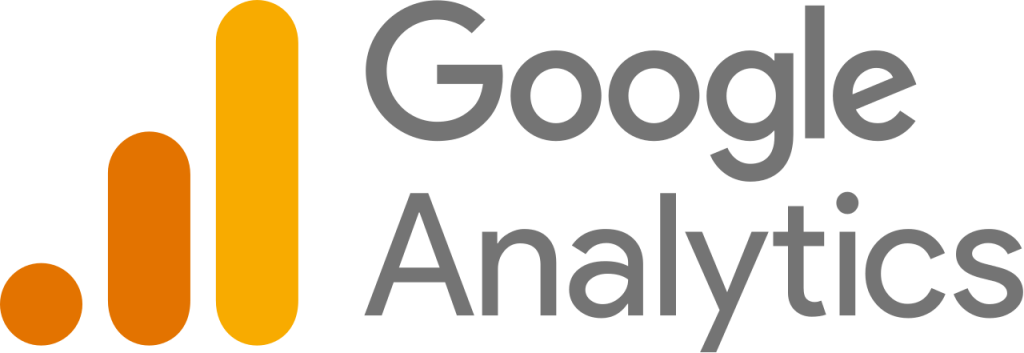
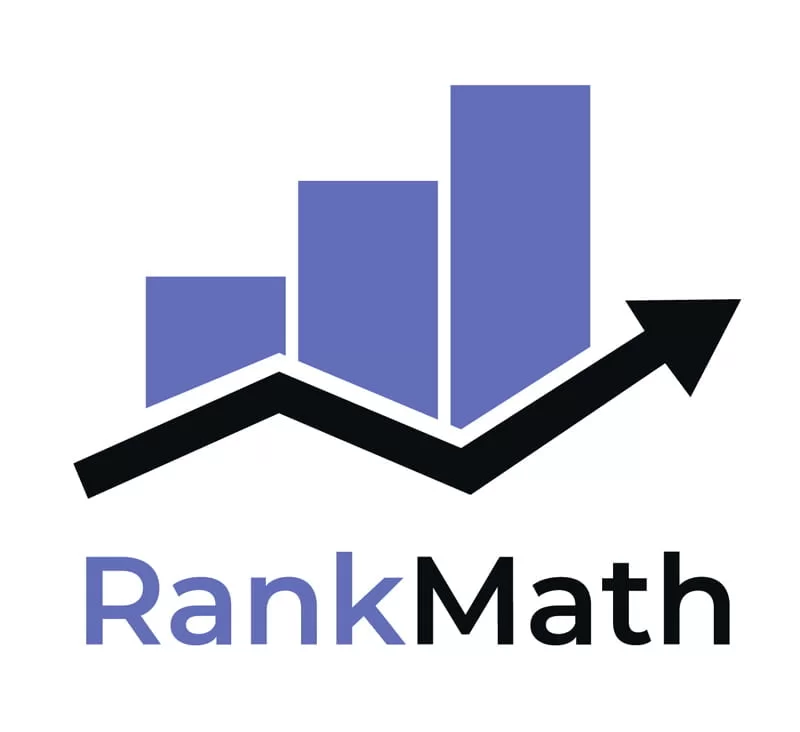

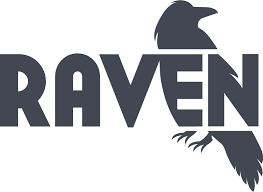



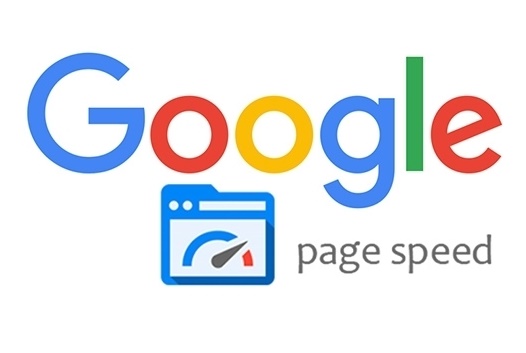
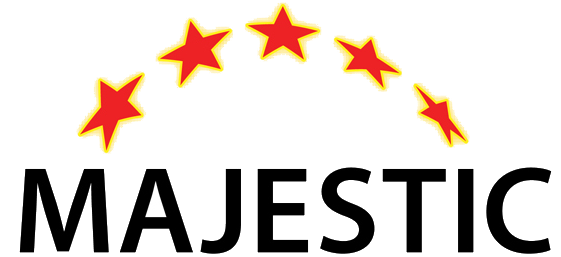



What Our Students Have To Say

Lorem ipsum dolor amet consec tur elit adicing sed do usmod zx tempor enim minim veniam quis nostrud exer citation.
Bob Limones
Student
Lorem ipsum dolor amet consec tur elit adicing sed do usmod zx tempor enim minim veniam quis nostrud exer citation.
David Owens
Designer
Lorem ipsum dolor amet consec tur elit adicing sed do usmod zx tempor enim minim veniam quis nostrud exer citation.
Tom Hurley
Content Creator
Lorem ipsum dolor amet consec tur elit adicing sed do usmod zx tempor enim minim veniam quis nostrud exer citation.
Robert Lane
Developer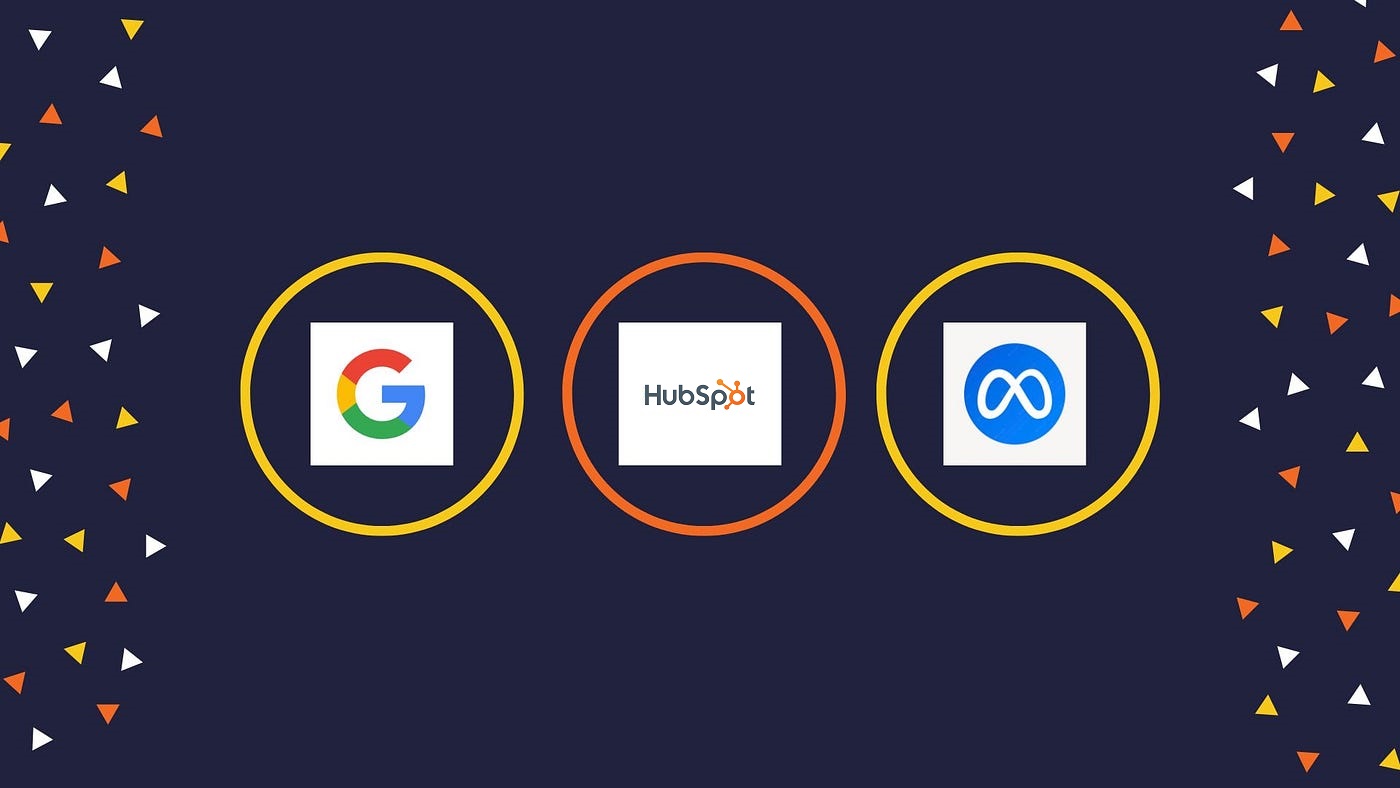

Earn Globally Recognised Certifications
Frequently Asked Questions
Is digital marketing a good career?
Yes, digital marketing can be a good career choice for many reasons. Here are some factors that make digital marketing a promising career:
1. High demand: With the increasing use of the internet and digital platforms, businesses of all sizes are investing heavily in digital marketing to reach their target audience. This creates a high demand for skilled digital marketers.
2. Diverse job opportunities: Digital marketing encompasses various job roles such as SEO specialist, social media marketer, content strategist, digital analyst, PPC specialist, and more. This diversity allows individuals to find a niche that aligns with their skills and interests.
3. Growth potential: Digital marketing is an ever-evolving field, constantly adapting to new technologies and trends. This presents ample opportunities for professionals to learn and grow, staying ahead of the curve.
4. Competitive salaries: Skilled digital marketers are in high demand, leading to competitive salaries and the potential for higher earnings as experience and expertise grow.
How do I start a digital marketing course from UptopCareers?
For admission in this Advance Digital Marketing Certificate, you need to fill out the application form and submit your CV which is of 1000 Rs process.
If the profile gets selected then you are good to go with the enrollment process otherwise the 1000 Rs application fees will be refunded in the case of rejection.
What are the Average digital marketing manager salaries in India and abroad?
The average salaries for digital marketing managers can vary based on several factors such as location, industry, company size, and individual experience. Here are some approximate average salary ranges for digital marketing managers in India and abroad:
India:
1. Entry-level digital marketing managers: INR 4,00,000 to INR 6,00,000 per year
2. Mid-level digital marketing managers: INR 6,00,000 to INR 12,00,000 per year
3. Senior-level digital marketing managers: INR 12,00,000 to INR 25,00,000 per year
Abroad:
1. In the United States: The average salary for a digital marketing manager is around $65,000 to $105,000 per year, depending on experience and location.
2. In the United Kingdom: The average salary for a digital marketing manager is around £35,000 to £55,000 per year.
3. In Australia: The average salary for a digital marketing manager is around AU$ 70,000 to AU$ 120,000 per year.
What are the 5Ds in Digital Marketing?
The 5Ds in digital marketing is a framework that outlines the key elements or stages involved in digital marketing strategies. They are as follows:
1. Digital Devices: Refers to the various devices through which digital content is accessed, such as smartphones, tablets, laptops, and desktop computers. Marketers need to understand how consumers use these devices to engage with their brand and optimize their marketing efforts accordingly.
2. Digital Platforms: Includes the online platforms where digital marketing activities take place, such as websites, search engines, social media platforms, email marketing platforms, and mobile apps. Marketers need to identify the most relevant platforms for their target audience and develop effective strategies to engage users on these platforms.
3. Digital Media: Encompasses the different forms of media used in digital marketing, such as text, images, videos, audio, and interactive content. Marketers must craft captivating content that connects with their target audience on multiple digital platforms.
4. Digital Data: Refers to the vast amount of data generated through digital interactions and transactions. This data provides valuable insights into consumer behavior, preferences, and patterns, which can be used to optimize marketing strategies, personalize experiences, and drive better results.
5. Digital Technology: This Digital Marketing Training Course Includes the tools, technologies, and platforms used to implement digital marketing campaigns effectively. This can range from website analytics tools and marketing automation platforms to customer relationship management (CRM) systems and artificial intelligence (AI) technologies. Marketers need to leverage digital technology to streamline processes, analyze data, and deliver personalized experiences to their audiences.
What job roles and opportunities exist in Digital Marketing?
There are numerous job roles and opportunities available in the field of digital marketing. Some of the key roles include:
1. Digital Marketing Manager: Responsible for planning and executing digital marketing campaigns, managing budgets, and overseeing the overall digital marketing strategy.
2. Social Media Manager: Focuses on managing and optimizing social media platforms, creating engaging content, interacting with followers, and analyzing social media metrics.
3. SEO Specialist: Works on improving website visibility and organic search rankings through keyword research, on-page optimization, link building, and technical SEO.
4. Content Marketer: Develops and implements content strategies, creates compelling and relevant content such as blog posts, articles, videos, and infographics, and ensures content aligns with brand messaging.
5. PPC Specialist: Manages pay-per-click advertising campaigns on platforms like Google Ads, Facebook Ads, or LinkedIn Ads, optimizing ad performance, and monitoring budgets.
6. Email Marketing Specialist: Designs and executes email marketing campaigns, builds email lists, creates engaging email content, and tracks email campaign metrics.
7. Analytics Manager: Focuses on analysing and interpreting digital marketing data, tracking key performance indicators (KPIs), and providing insights for improving marketing strategies.
8. E-commerce Manager: Oversees the online sales and marketing efforts of an e-commerce business, including website optimization, customer acquisition, conversion rate optimization, and customer retention strategies.
9. Digital Marketing Consultant: Offers strategic guidance and expertise to businesses on their digital marketing efforts, helping them develop effective campaigns and achieve their marketing goals.
10. Digital Marketing Analyst: Analyzes digital marketing data, conducts market research, and provides insights to optimize marketing campaigns and improve overall performance.
These are just a few examples of the diverse range of job roles available in digital marketing. The field is continually evolving, creating new opportunities and specializations.
We're Always Eager to Hear From You!
Address
Phone


